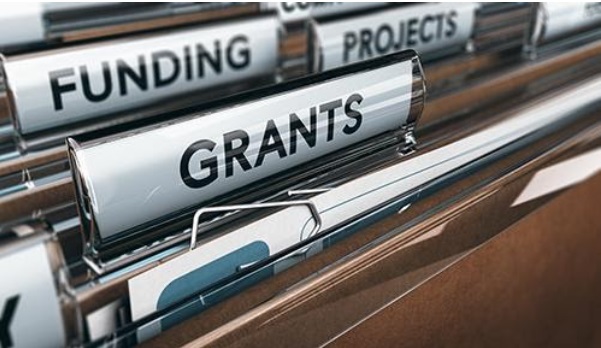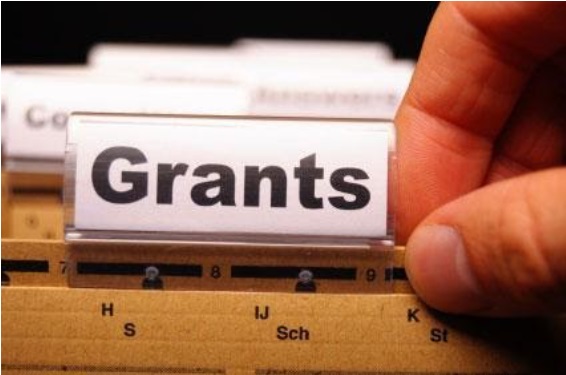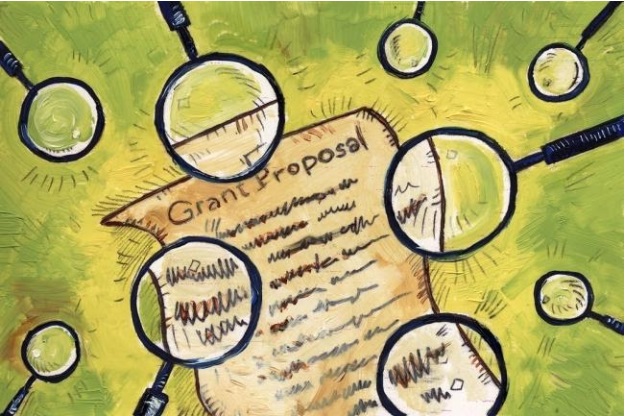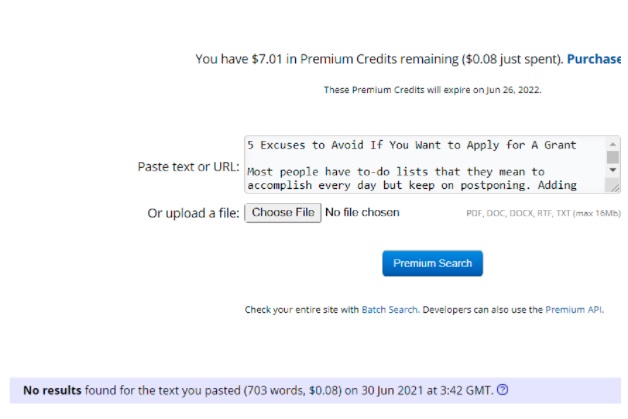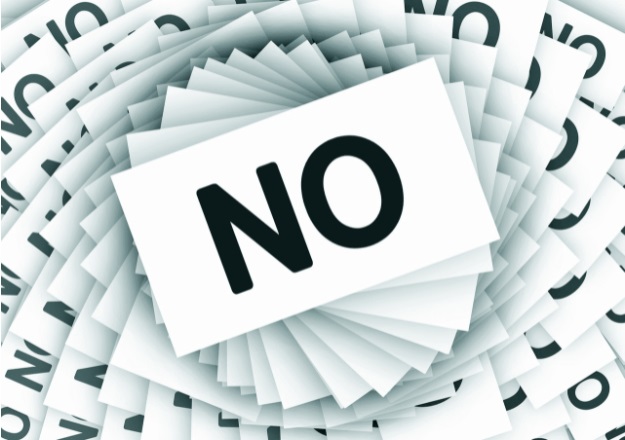
Table of Contents
Most people have to-do lists that they mean to accomplish every day but keep on postponing. Apply for a grant proposal is a massive addition to a to-do list. Thus, it is best to get around accomplishing it. More so, if you are a part of the grant proposal team of your organization. Government grants are great opportunities to help move projects forward, create momentum and implement change in the community. Other than limited resources and time, most people do not apply for grants because of fear of rejection or lack of competence. Below are common excuses people use to avoid applying for grants and reasons to move past them.
-
No grant funding to go after
Every year, funding can vary due to various factors like government policies, economy, and organizational priorities. However, this does not mean there is no money out here to go after. According to statistics, between the years 2015 to 2019, grant money increased by 7% nationwide. This means there is grant funding for those that are persistent enough. Therefore, if you are seeking a grant, monitor grant announcements, build a relationship with the funder, and get creative with how your proposal blends with the mission of the funder. Although you feel you may not get the grant, it is best to start somewhere instead of creating excuses. Research more about grant opportunities and try them out.
-
You need money to match the grant money
In some cases, you need a monetary match especially with grants that distribute large amounts of money. It is best not to apply to such grants if your community or organization does not have the political will or the funds needed to match the grant offer. Fortunately, there are smaller grants out here that are easy to manage once you land them. Begin applying to grants that do not require a match to build your confidence and get you used to the process. Still, save grants that need a monetary match to apply in a future funding cycle where possible.
-
I will apply next year
Most people create this excuse. Yet, it is only valid if you have run out of time because you learned about the grant late and you are not in a position to put a well-organized grant application together before the submission deadline. It is better to apply the following year instead of sending something just for the sake of it. However, if you have enough time to plan, then give it a try, for starting it out is already half the battle. If you miss the deadline, plan and organize for the next time to be more confident. If you get a chance to be a part of a grant reviewing committee, join. Grant reviewers are the best writers.
-
Writing a grant proposal is too complicated
Developing a plan for the proposal is the hardest part of the process, and not writing the grant application itself. Most funders reject applications because the grant writers did not adhere to the funders’ guidelines. The basis of a great application is reviewing carefully what the funder wants and answering the questions cohesively in a narrative. For this reason, give yourself time to collect the statistics to support your argument and think through your proposal. After your done, look for people not competing in the same grant proposal to review your application before submitting it.
-
Only previous applicants or large organizations get awarded grants
An organization that continuously lands grants is because they show they can manage the grant funds well. Although getting the grant on a first try basis can be a challenge or the chances are less. The best thing to do is use the opportunity to build relationships with the funder so that they have an idea of who you are on the next trial. Alternatively, find grant projects that reward collaboration and use the opportunity to partner with organizations with a better record or receiving grants. Also, go for smaller and less competitive grants to build a track record of implementing projects and managing finances to impress large grant funders.

